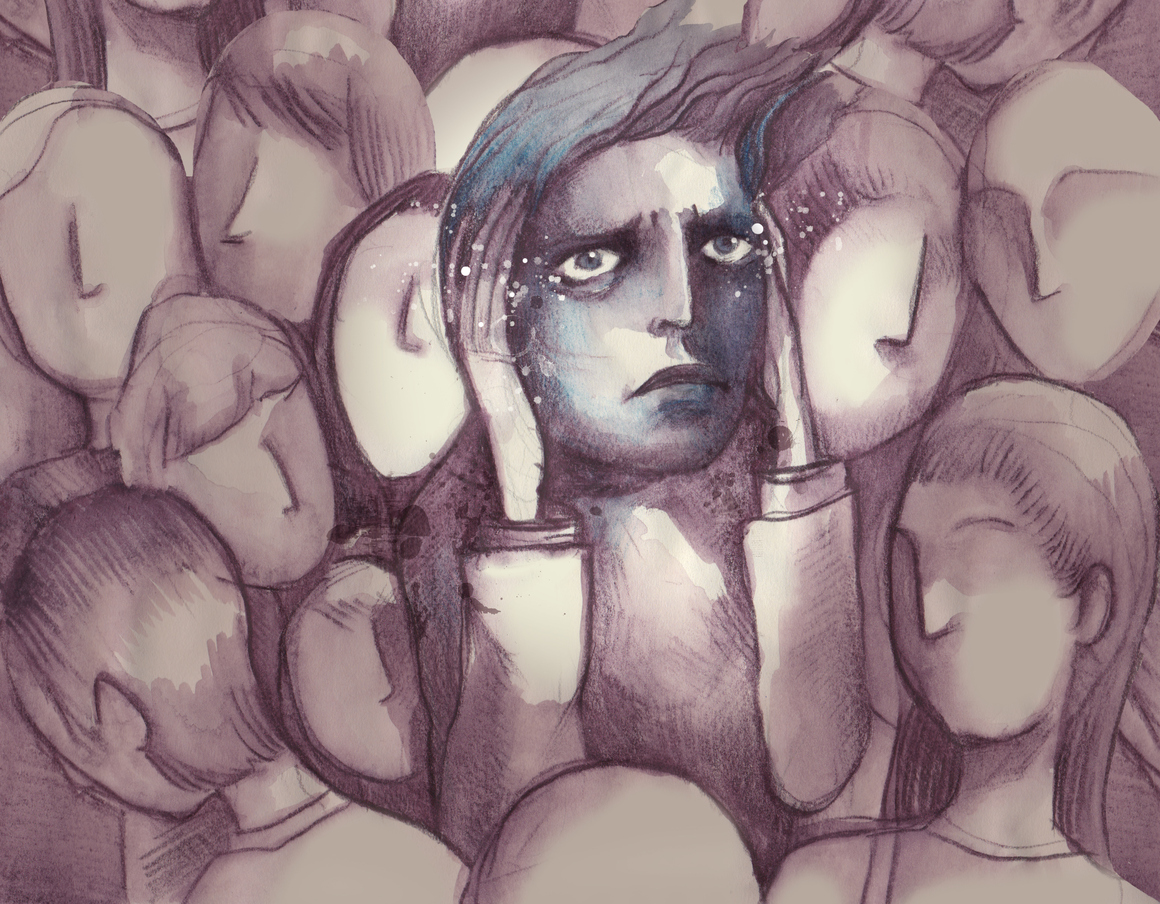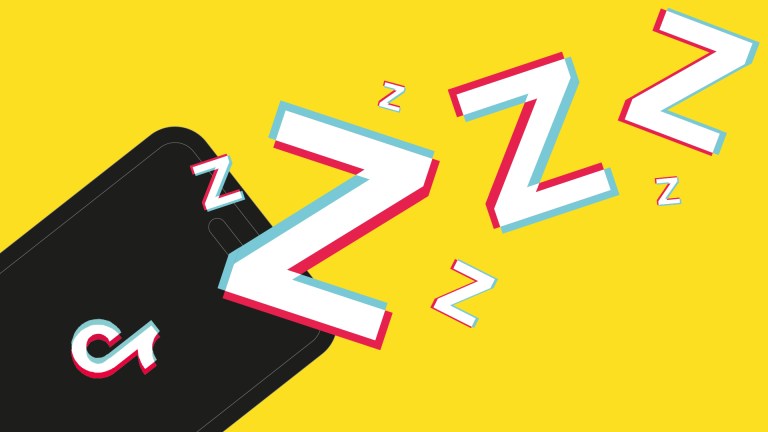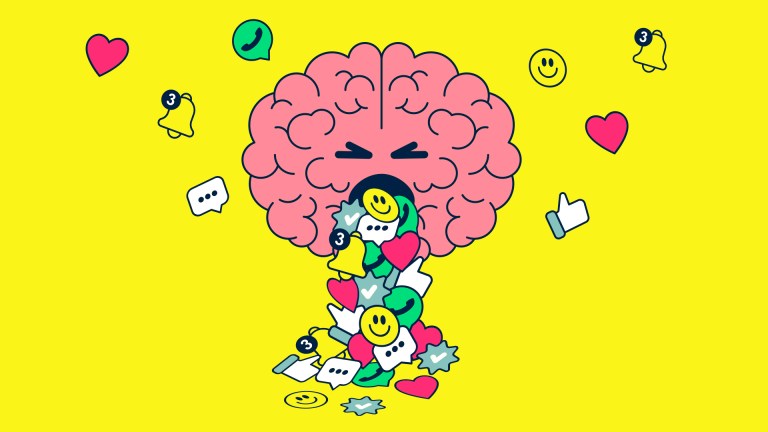Stigma around mental illness still persists. But the stigma towards homeless people and mental ill-health seems to be even greater, and harder to talk about.
It is evident that there is a link between mental health and homelessness. Poor mental health can make work impossible and cause family breakdowns or substance misuse. Homelessness can also cause mental ill-health due in part to poor living conditions, isolation and uncertainty.
According to the charity Shelter, there were more than 300,000 people registered as homeless in the UK in 2017. They also estimated that a further 307,000 people were not registered and were rough-sleeping or sofa-surfing. Being unregistered means that accessing a GP or mental health care is near impossible.
Richard Erdelyi, from the charity Worthing Churches Homeless Project (WCHP), works with people with mental illness. He explains exactly how someone who is homeless can get the support that they desperately need.
“My role as ‘dual diagnosis worker’ means that I work with people who predominantly have a mental illness and have used, or are misusing, substances whether they are illicit, licit or prescribed,” he says. “We take referrals from the probation services, prison, police, hospitals, other housing providers, and the council among many others.”
The majority of people who are registered with WCHP seek mental health support, illustrating how prominent the problem is among homeless people. Richard sees a link between the two issues. “Not everyone that comes to our service needs mental health support, and it is not a requirement,” he says. “However, over 50 per cent of our clients do have a mental health diagnosis. I believe that people are often discriminated against because of their mental health, and perhaps do not get the support that is required so they can achieve their goals and have opportunities equal to everyone else. This could sometimes impact on their ability to make informed choices, which subsequently could lead to eviction or other consequences.”









